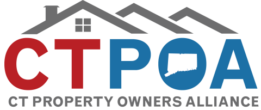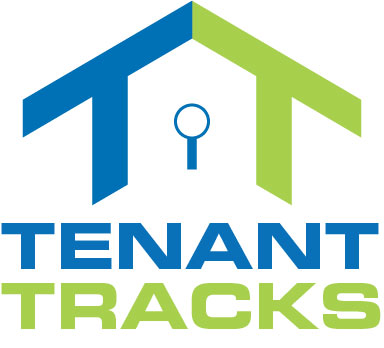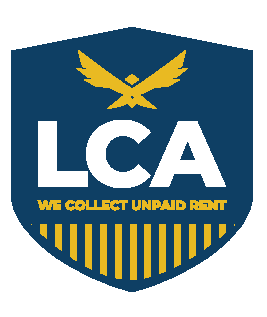As a real estate professional or landlord in Connecticut, staying informed about the legislative session is crucial. The decisions made during these sessions can significantly impact your business and the overall real estate landscape. In this blog, we’ll break down the details of a legislative session in Connecticut, comparing long and short sessions and providing an easy-to-understand guide for real estate professionals and landlords.
What is a legislative session?
A legislative session is the period during which the state legislature meets to debate and vote on bills. In Connecticut, the General Assembly convenes for two sessions each year:
- Regular Session: This is a six-month session, from January to June. Typically, the most significant legislation is introduced and considered during this session.
- Short Session: This is a three-month session, from February to May in even-numbered years when the legislators seek re-election to office.During this session, only bills related to the budget and revenue can be considered.
What happens during a legislative session?
The legislative session involves several key steps:
- Bill Introduction: Legislators introduce bills that propose new laws or changes to existing laws.
- Committee Hearings: Bills are assigned to committees for review and public hearings.
- Committee Votes: Committees vote on whether to recommend passage of the bill.
- Floor Debate: Bills approved by the committee are debated and voted on by the full House and Senate.
- Governor’s Signature: If a bill is passed by both houses of the legislature, it is sent to the governor for signature.
- Law Enactment: Once the governor signs the bill, it becomes law.
How does a long session differ from a short session?
The key difference between a long and short session is the scope of legislation that can be considered. As mentioned earlier, only budget and revenue-related bills can be introduced in a short session. In contrast, a long session allows for a broader range of legislation to be considered, including bills on topics such as housing, education, and healthcare. In a long session, any legislator can introduce a Bill, but in a short session, only committees can propose legislation
What does this mean for real estate professionals and landlords?
Staying informed about the legislative session is crucial for real estate professionals and landlords. New laws can significantly impact your business, including:
- Regulations: New laws may introduce new regulations or restrictions on rental properties.
- Changes in the landlord / Tenant statutes impacting anything from evictions to security deposits
- Taxes: Changes in tax law can affect your bottom line.
- Grants and incentives: The legislature may provide grants or incentives for specific types of real estate development or rehabilitation projects.
By understanding the legislative process and staying informed about the bills being considered, you can be prepared for any changes that may impact your business.
Here are some resources to help you stay informed about the Connecticut legislative session:
- Connecticut General Assembly website: https://www.cga.ct.gov/
- Office of Legislative Research: https://www.cga.ct.gov/olr/
- Connecticut Association of Realtors: https://www.ctrealtors.com/
Understanding the legislative session in Connecticut is essential for real estate professionals and landlords. By staying informed about the bills being considered and how they may affect your business, you can be prepared for any changes and take advantage of any opportunities that may arise. As a CTPOA member, we keep you informed and educated on updates and urgent matters needing action. If you’re not already a member, you can become one for only $99/year HERE.








